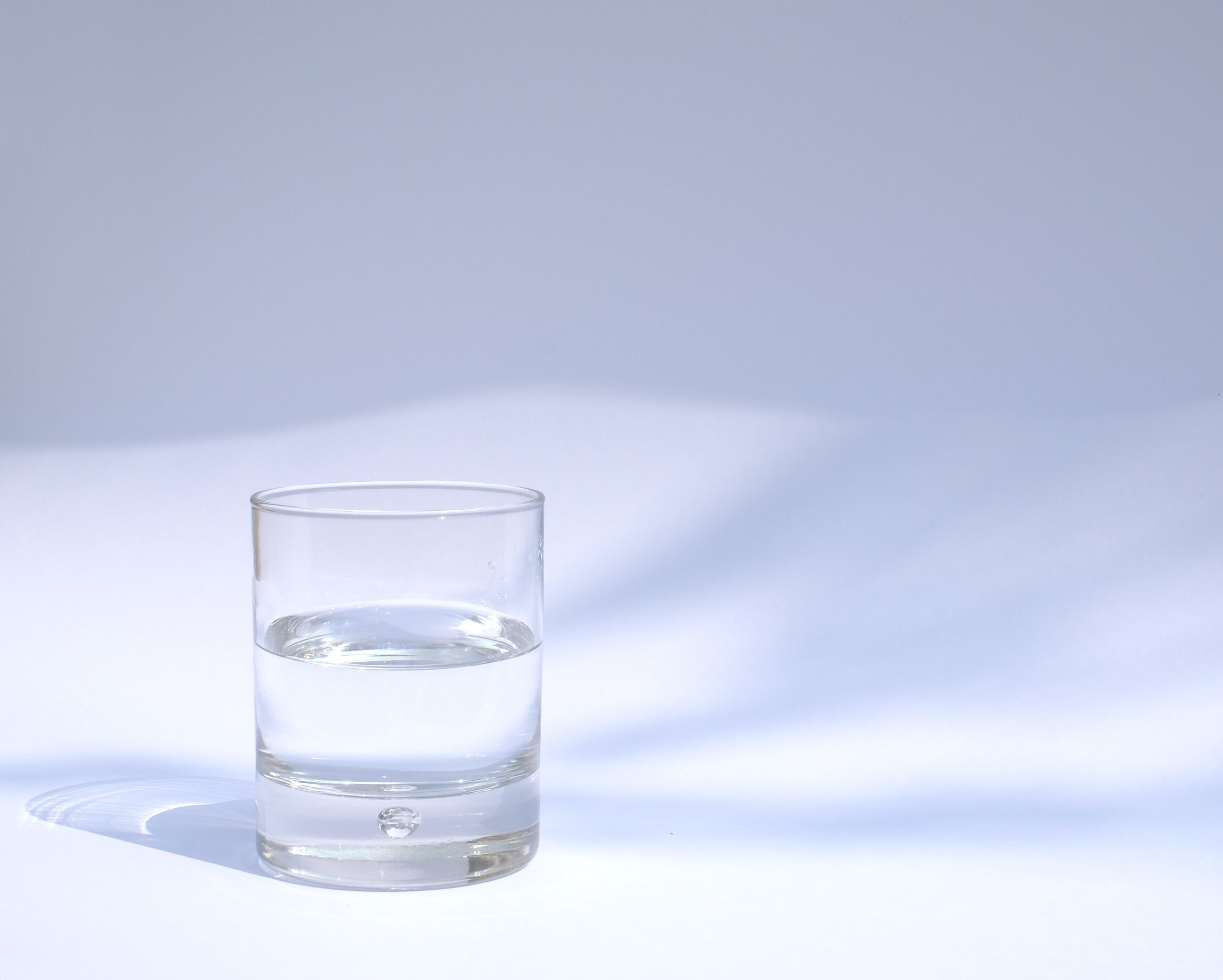While the health complication “Dehydration” is frequent, not everyone experiences it in the same way.
It’s indications and symptoms differ according to the individual who is affected and the level of severity of the ailment.
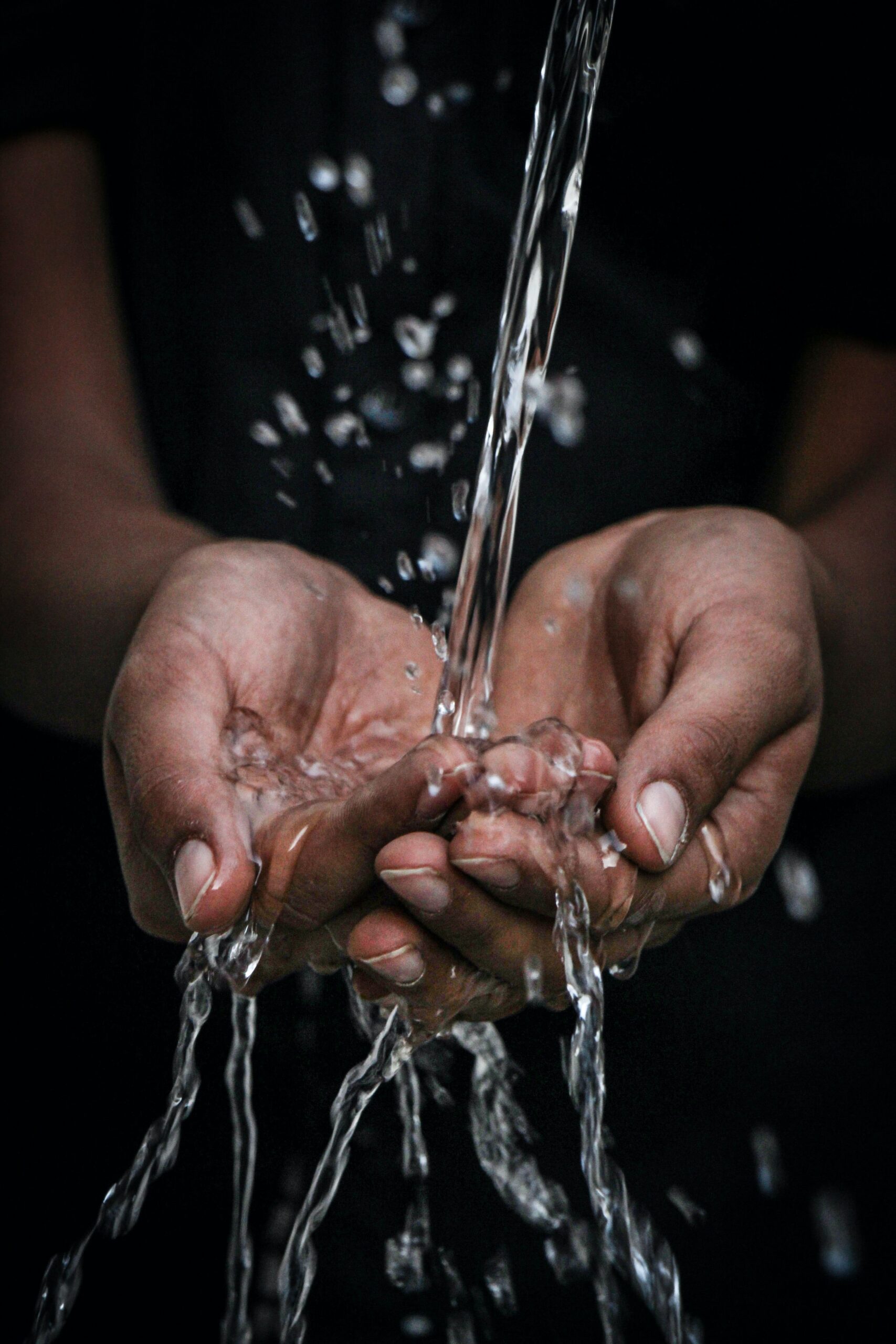
Dehydration is more common among children and infants and also the elderly. Furthermore, what doctors consider mild to effectively moderate dehydration differs from severe levels of dehydration. Early detection is critical for effective dehydration prevention and the treatment of extreme conditions that could be a threat to life.
Explaining the concept of Dehydration and How It Affects Individuals?
When a person loses more fluid compared to what they take in, they become dehydrated. Water is necessary for human survival because it makes up two-thirds of the human body. Water, in reality, plays an important part in normal physiological activities such as digestion, joint lubrication, and toxin elimination to maintain the skin smooth and healthy.
Even if the body merely possesses, it might have negative consequences that manifest as dehydration symptoms. A major fluid deficit caused by dehydration can make you thirsty or tired and give you a dry mouth, headache, or muscle cramps, regarded as “Charley horses.” Because you’ll have less pee flow, you won’t feel the need to go to the restroom as often.
What Happens When You Don’t Drink Enough Water?
The human body is probably already dehydrated when it’s thirsty. What is the reason for this? Because the thirst mechanism is out of sync with your real hydration level. When you lose body water and don’t replace it, your blood becomes heavily concentrated. This increases the heart rate in order to keep the blood pressure stable, and it causes your kidneys to effectively retain water.
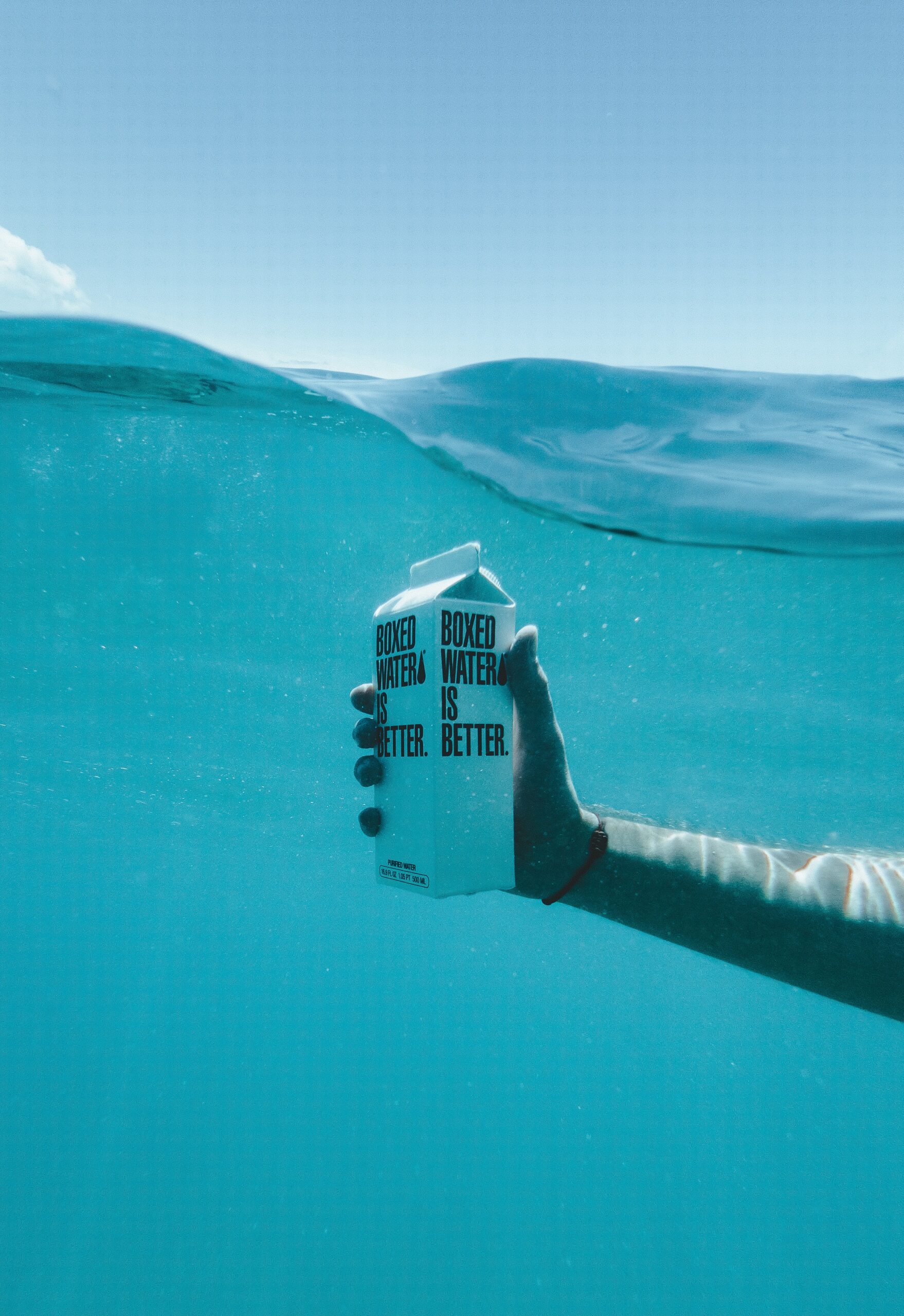
With less water in the body system, your body’s capacity to regulate temperature is hampered, which can result in hyperthermia or cause a body temperature that is significantly higher than normal. And as your brain’s fluid levels drop, it affects your memory, mood, and coordination.
This is why it’s suggested to always carry a bottle with you wherever you go. People have started using a 20 oz polar camel daily to ensure they never run out while they’re on the go. This is a high-quality vacuum-insulated stainless steel bottle that not only keeps your beverage at the right temperature for hours but also helps you stay hydrated on the go.
Checking Out the Major Signs of Dehydration and How to Effectively Fix Them
As fluid loss progresses from mild to moderate to severe dehydration, physical and mental impairment indicators may appear, requiring rapid intervention to reverse. If the signs and symptoms of extreme dehydration are severe enough, a medical expert may be required.
No Urine Discharge or Getting out Very Dark Urine
Checking the color of your urine is an easy technique to detect if you’re dehydrated. Urine should have a pale yellow tint, similar to lemonade juice. If your urine has a deeper hue, like apple juice, it could indicate a moderate to severe level of dehydration. What if you’re not discharging urine at all? You’re probably dehydrated to the point of death.
How to fix:
Quickly increase your water intake. Rather than gulping glass after glass of fluid that the kidneys would discharge, it’s advisable to take little sips of water that your body can absorb. Consider carrying a water bottle with you to drink daily—in the car, at work, and on the go—if you don’t feel like you’re getting enough fluids on a regular basis.
Having a Dry Skin
You can tell if you’re dehydrated by looking at the urine color, but that’s not the simple test you could do. The flexibility of a person’s skin is also indicative. Consider the following: Pinch the peak of your hand’s skin to watch what occurs. You’re moderately dehydrated if it takes a long time to return to normal.
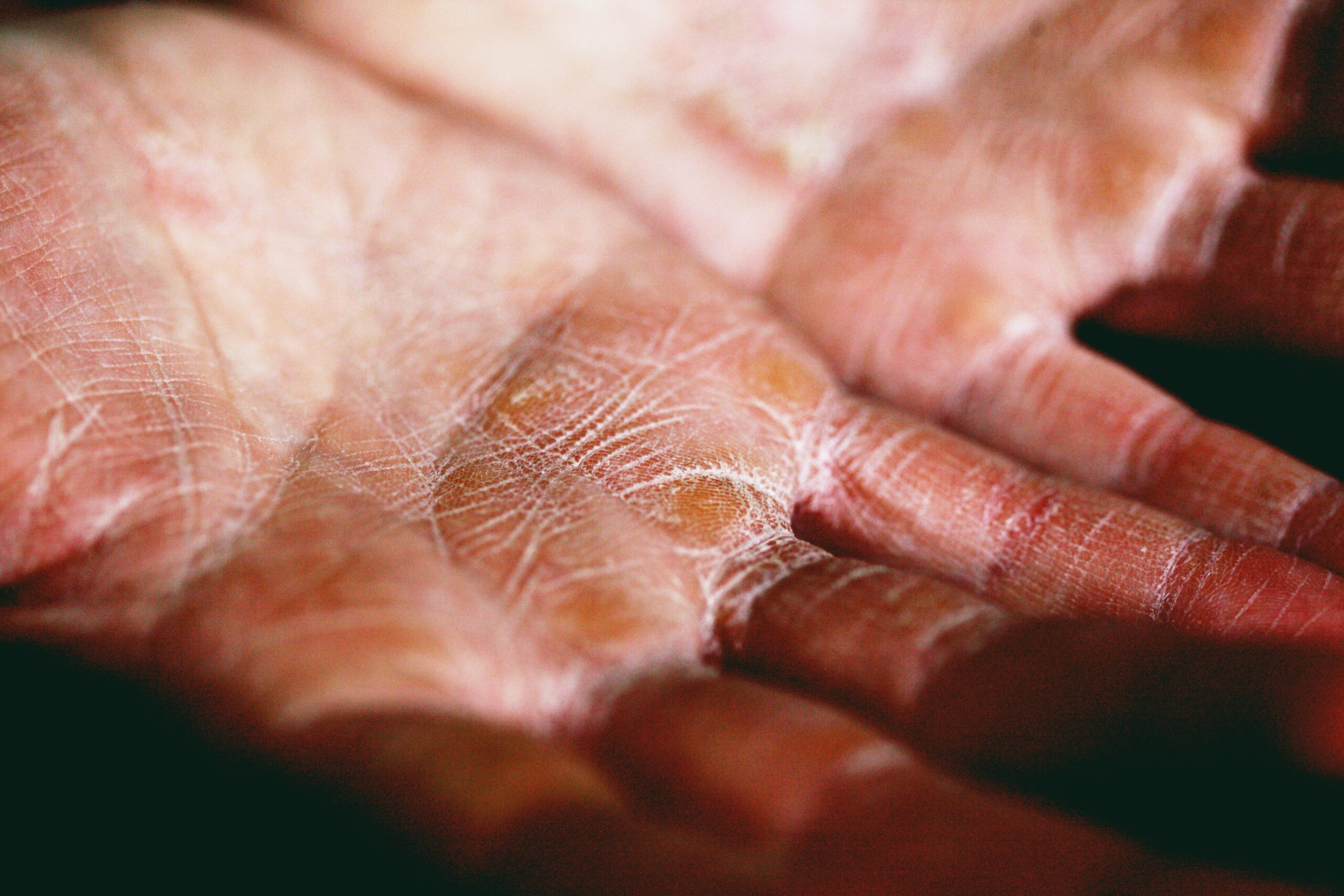
How to fix:
If you have mild to severe dehydration, you should try to increase your level of intake of water and drink fluids, just as you do if you have darker urine. While 1 liter of water is a nice “go-to,” you may also try lemon water or a sports drink if you’ve just finished a difficult workout.
Fever and Frequent Chills
We usually equate chills and fever with an ailment such as a cold or the flu. But don’t be fooled by this sign. It’s also a sign of extreme dehydration, which can be fatal. When the body is dehydrated, it’s difficult to effectively maintain a consistent body temperature, which can lead to fever-like symptoms such as chills or even hyperthermia.
How to fix:
Stop participating in sports or vigorous exercise right away. Your problems are being exacerbated by the stress you’re putting on the body and its systems. To treat dehydration locally, drink plenty of water and chill down by applying a chilly compress to the face or taking a cold bath.
Rapid Heartbeat and Intense Breathing
While exercising, it’s pretty natural having a faster heart rate alongside shallower breathing. However, if your significant symptoms persist after you’re cooled down—or if you haven’t been exercising and are experiencing these kinds of symptoms—it can indicate a severe level of dehydration, as electrolyte depletion can impair the heart’s capacity to pump enough blood.
How to fix:
Fluid intake is critical for the correct functioning of organs such as the liver, lungs, heart, and kidney. When you have these symptoms, you should see a doctor to tender the dehydration complaint. If a medical doctor determines that you are suffering from dehydration after a thorough examination, you will be actively hooked up to get intravenous fluid comprising a concentrated rehydration solution for the swift delivery of different kinds of fluids to your thirstiest parts of the body.
Having Complications like Lightheadedness, dizziness, or confusion
Are you aware of what the brain is made up of? That’s why drinking water and consuming foods high in water can aid the brain in performing more efficiently. On the other hand, not getting enough fluids can have negative consequences. If you feel like you’re about to pass out or unsure how you got there, where you are, or what you’re doing, you’re probably dehydrated.
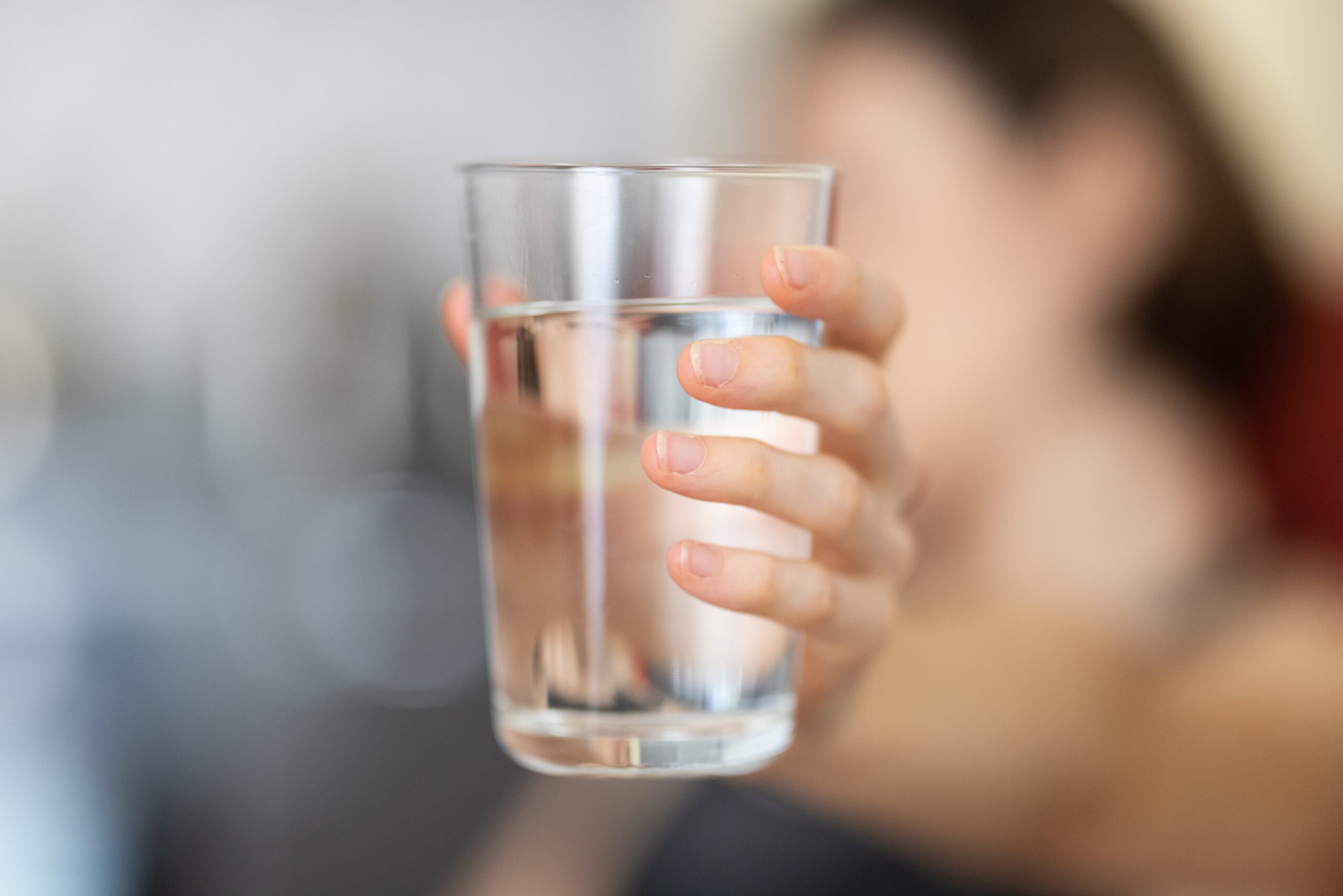
How to fix:
Symptoms like this should not be taken lightly. Slowly drink water and eat watermelon, tomatoes, apples, cucumbers, and grapes to rehydrate properly. Both alternatives will aid in the replenishment of electrolytes and minerals required for absorption into the tissues and brain. If you have severe dehydration and are confused, head to the emergency department to be properly checked out by healthcare specialists.
Conclusion
The health complication “Dehydration” can be lethal no matter the reason, whether it’s from hot weather or exercise. If there is not enough fluid in the body, you become dehydrated. Drinking plenty of water throughout the day and taking electrolytes if you notice early signs of fluid loss will help prevent dehydration.

